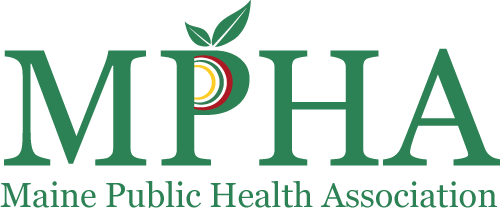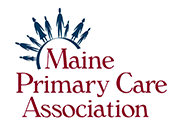
Migrant Community and Education
How can Community Health Workers empower migrant communities to navigate the health challenges posed by climate change and displacement?


Course Information
- Audience: All public health professionals, including community health workers, working in nonprofits, healthcare, educational institutions, government and private sector
- Format: Self-Paced
- Price: Free
- Length: 1 hour
- Credential(s) eligible for contact hours: N/A
- Competencies: Health Equity Skills, Public Health Science Skills, Leadership and Thinking Systems Skills
- Learning Level: Awareness
- Companion Trainings: None
- Supplemental materials:Presentation Slides
- Pre-requisites: None
About this course
Join us for a webinar led by Migrant Clinicians Network, designed specifically for Community Health Workers (CHWs). This session will explore how climate change affects migrant communities and the unique challenges they face. We will also discuss the crucial role community health workers play in supporting these
communities and how to prepare for and support those displaced by climate change.
What you'll learn
After completing the training, you will be able to...
- Identify climate change and its impact on migration, migrants, and health systems;
- Discuss public health strategies to reach undeserved populations;
- Discuss the role Community Health Workers can play in supporting migrant communities.
Subject Matter Expert

Alma Galván, MHC
Alma Galván, MHC (she/her/ella), is the Director of Community Engagement and Worker Training with MCN. Bicultural and bilingual, Galván has worked for more than three decades to improve the health of communities disadvantaged by structural inequities in the United States, Mexico, Puerto Rico, and Latin America. Her work has focused on a broad range of public health topics including infectious diseases, environmental health and justice, climate justice, worker health and safety, drug prevention, water and sanitation, cultural competency, and community development water and sanitation. She has worked with community-based organizations and international agencies such as the Pan American Health Organization. At Migrant Clinicians Network, she fosters innovative and participatory approaches to building capacity among immigrant and migrant communities and other underserved populations. She contributes to the development, implementation, and evaluation of multiple projects. Galván has extensive expertise in providing technical assistance and developing culturally contextual curricula and educational materials for Limited English Proficiency and low-literacy adult learners, community health workers, health professionals, health educators, and clinicians. Her unique approach to adult learning and expansive expertise in community-based approaches to health promotion helped hundreds of community health workers, clinicians and health department personnel bring culturally contextual COVID-19 resources and strategies to immigrant and migrant communities in order to promote vaccination and address mis/disinformation. Galván has worked extensively with MCN partners, community-based organizations, health agencies, and local and state health departments promoting health equity through language access and cultural competency. Galván has a strong health and social science background and has designed, implemented, and assessed programs for over 30 years. Galván is bilingual in English and Spanish. She is passionate and committed to addressing health inequities and lessening disparities. In her free time, Galván spends time with her family, and enjoys movies, reading, and learning about different cultures.
Enrollment and Contact Hours
Select the Enroll Me button below to register for this course. If you have any trouble accessing the recording, contact
support@nephtc.org.
Acknowledgement: This project is supported by the Health Resources and Services Administration (HRSA) of the U.S. Department of Health and Human Services (HHS) as part of award 2 UB6HP31685‐05‐00 “Public Health Training Centers.” The contents are those of the author(s) and do not necessarily represent the official views of, nor an endorsement, by HRSA, HHS or the U.S. Government.

